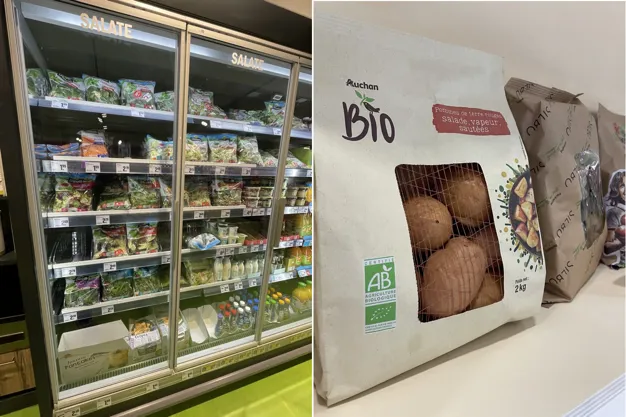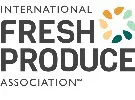The Alliance for Sustainable Packaging for Foods (ASPF) applauds the science- and data-driven approach that the European Commission's Joint Research Centre (JRC) has undertaken to conduct a life cycle analysis of reusable and single-use packaging for certain consumer uses including food applications. This method can be an example of approaching regulatory decision-making when environmental trade-offs are considered.
ASPF notes, however, that the JRC Life Cycle Analysis (LCA) omitted considerations of food loss and waste. Publication after publication¹ highlights that studies of the environmental impact of packaging often overlook the environmental footprint of food that is lost or wasted due to inadequate packaging. The totality of the environmental footprint of lost or wasted food due to inadequate packaging can be greater than the impact of packaging itself.
 The totality of the environmental footprint of lost/wasted food due to inadequate packaging can be greater than the impact of packaging itself.
The totality of the environmental footprint of lost/wasted food due to inadequate packaging can be greater than the impact of packaging itself.
Harder to quantify is the impact of packaging on ensuring food safety. ASPF summarized dozens of peer-reviewed studies in its position paper² to highlight the relationship between packaging and food safety. Regulators are also urged to consider technologies that offer alternatives to packaging. For example, functional Price-Look-Up (PLU) stickers provide information about the product's origin and information necessary for food safety traceback on thumbnail-sized stickers that can be used in place of packaging. The Alliance contends that food loss and waste, alternate technologies and food safety should be considered within the context of future EU packaging and packaging waste rules to ensure well-intentioned efforts to rid the planet of single-use packaging waste do not risk the health and safety of European consumers. This is one reason why ASPF urges the EU legislator to carefully consider food safety and food quality considerations for packaging of unprocessed fruits and vegetables under 1.5 kilos and to maintain (until alternatives are found) the use of all functional stickers as they eliminate the need for packaging. Furthermore, the legislation must ensure food safety aspects are considered when adopting rules on the minimum recycled content for packaging coming in contact with foods.
The ASPF includes 15 non-profit organizations representing stakeholders along the entire conventional and organic food supply chain for fresh fruits and vegetables, dairy and meats.
Organizations forming ASPF came together around the need to reduce single-use packaging waste, honor the trust of consumers and recognize the responsibility to provide highly nutritious, conventional and organic products that are also safe from pathogens/ contaminants without incurring additional carbon footprint of the supply chain nor advocating for a specific tool, chemistry or technology.
¹ Lund University in Sweden, Molina-Besch et al., 2019, https://link.springer.com/article/10.1007/s11367-018-1500-6#Sec15
² https://www.allianceforsustainablepackaging.com/en/position-paper/
 For more information:
For more information:
Ashley Sempowski
International Fresh Produce Association
[email protected]
https://www.freshproduce.com/
